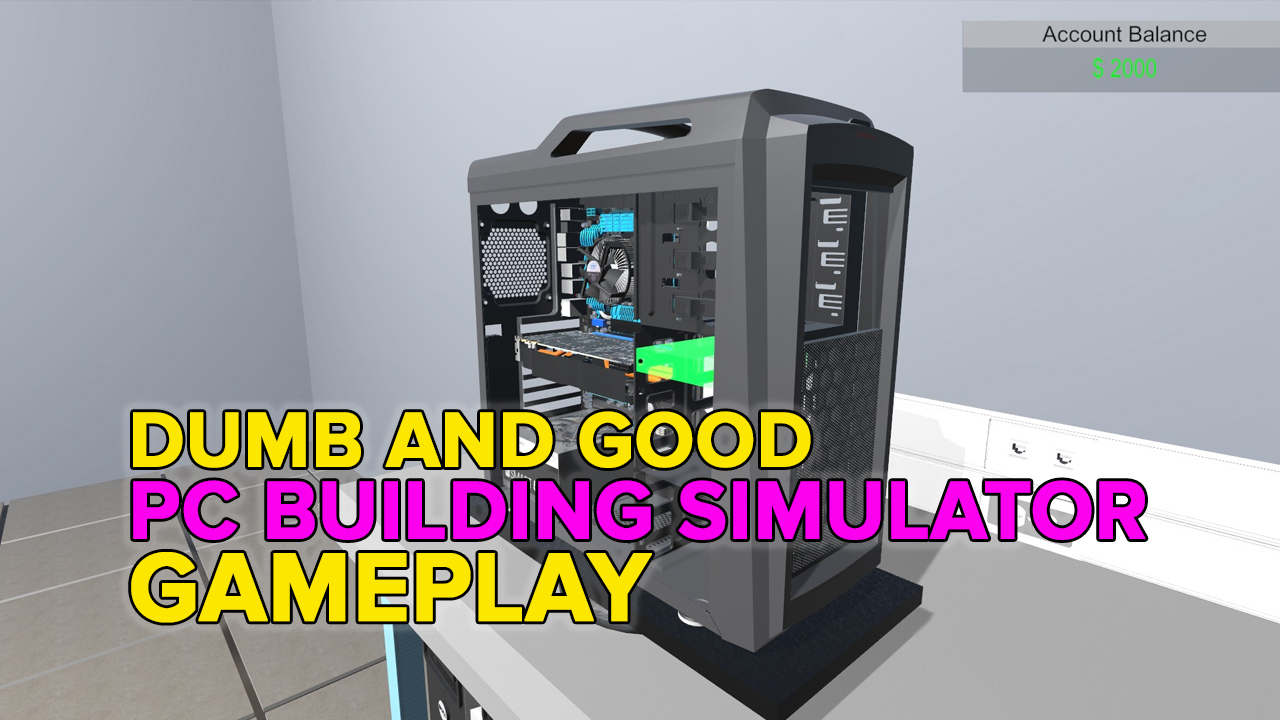The statistics all tell me that I’m not too old for video games, but these days, I sometimes lack an enthusiasm for big games that I once had in an ample supply. Ubisoft’s recent Far Cry 5 is well made — I recognize that — but I don’t have a passion for it. And that makes me question my passion for any of it … until I play something like PC Building Simulator.
Now, I’m not calling PC Building Simulator some sort of holy experience. It’s not. But it is the kind of odd and quirky game that clicks with me and rejuvenates me.

Unlock premium content and VIP community perks with GB M A X!
Join now to enjoy our free and premium membership perks.
![]()

![]()